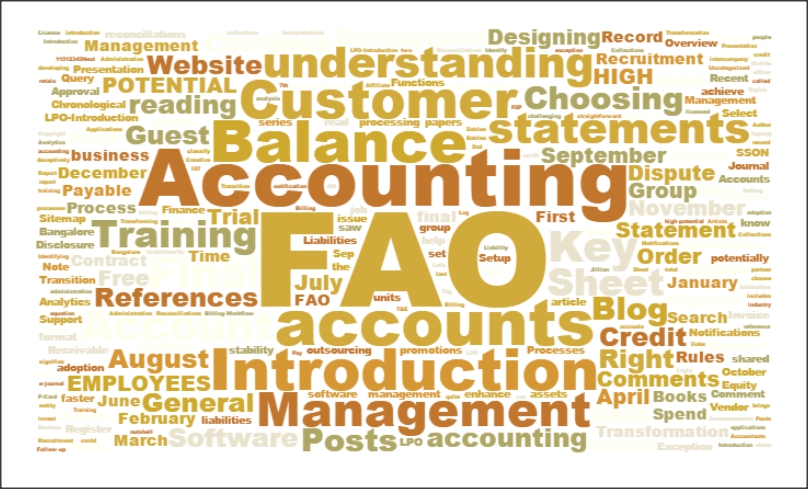Interviewing is one of the most important steps in forensic investigations. It provides an opportunity to evaluate the suspect’s case thoroughly as well as provides the investigator with a chance to know the hidden facts. Followings are the guidelines for conducting effective interviews in forensic investigations.
Who should be present at the Interview?
It’s not unimportant who will be present at the interview and it always depends on the type of witness, the victim and the suspect person(s). The best situations are with two interviewers, one at a time, who is involved in the process.
How to Begin an Interview
The first contact between the interviewer and interviewee is very important and helps in setting the tone of the whole conversation. It can be started with handshakes or introducing in a professional tone.
In the case of interviewing the possibly illegal behavior of the interviewee, the investigator should consult his counsel. The same thing is with the persons which are included in the investigation as the witnesses. Depending on the information investigator need, he can courage the interviewee to explain its normal behavior, like daily routine, lifestyle or family information, but only with professional intention. He can start the conversation with the usual questions like name, telephone number, and address if those are not questionable or can threaten the investigation in any way.
In order to get the longer and detailed answers, the investigator can include the body language in an interview and non-verbal signs in both ways. On every question, the investigator mustn’t show any reaction or conclusion.
Types of the Questions
Informational questions
That’s every non-confrontational and non-threatening question designed to inform the investigator. Those are mostly unbiased questions where the interviewer mustn’t suggest any of the answer and the interviewee has to answer in first-hand what he knows.
Open Questions
Those questions do not accept typical “yes” or “no” answers. That’s why is important to start the question with “what …”, “what about …”, “how…”, “could it be …” etc. The interviewee is couraged to answer on question narratively.
Closed Questions
As the opposite of the previous, these questions require precise answers and those are usually “yes” or “no” and used in during the conclusion phase at the end. It should be avoided during the investigation.
Leading Questions
This type of the question contains the answer in it, so they are lead the interviewee during the examination. Those are allowed in courtroom situation while in the investigation are often avoided, but can be useful with the experienced interviewer.
Double-Negative Questions
Among all other questions, these are one of them which should be avoided, because they can confuse the person and suggest the opposite answer he wanted to give.
Attitude Questions
These questions contain the interviewer’s attitude in the structure. They actually convey the attitude and conclusion of the interviewer together with the body language and non-verbal behavior.
Admission-Seeking Questions
As the name said, these questions ask for admission.
Question Sequence
Usually, the investigator starts the question with the known information and basically continues with the investigation from the place where they started.
Note-Taking during the Interview
It’s recommended to take notes during the interviewing, but only if that doesn’t upset or in any way disturb the interviewee in answering. Notes can take the partner during the interviewing or another person present in the room because is for investigator important to have eye contact with the interviewee.
How to Conclude an Interview
The interviewer should conclude and end the interview in a positive tone, with summarized facts and should encourage the interviewee to say whatever they desire in possible repeated interviews.
Author Bio: My name is Robert john, a professional forensic accounting tutor at Brentwood Open Learning College UK. College offers forensic accounting courses online
By: Robert Jhon

